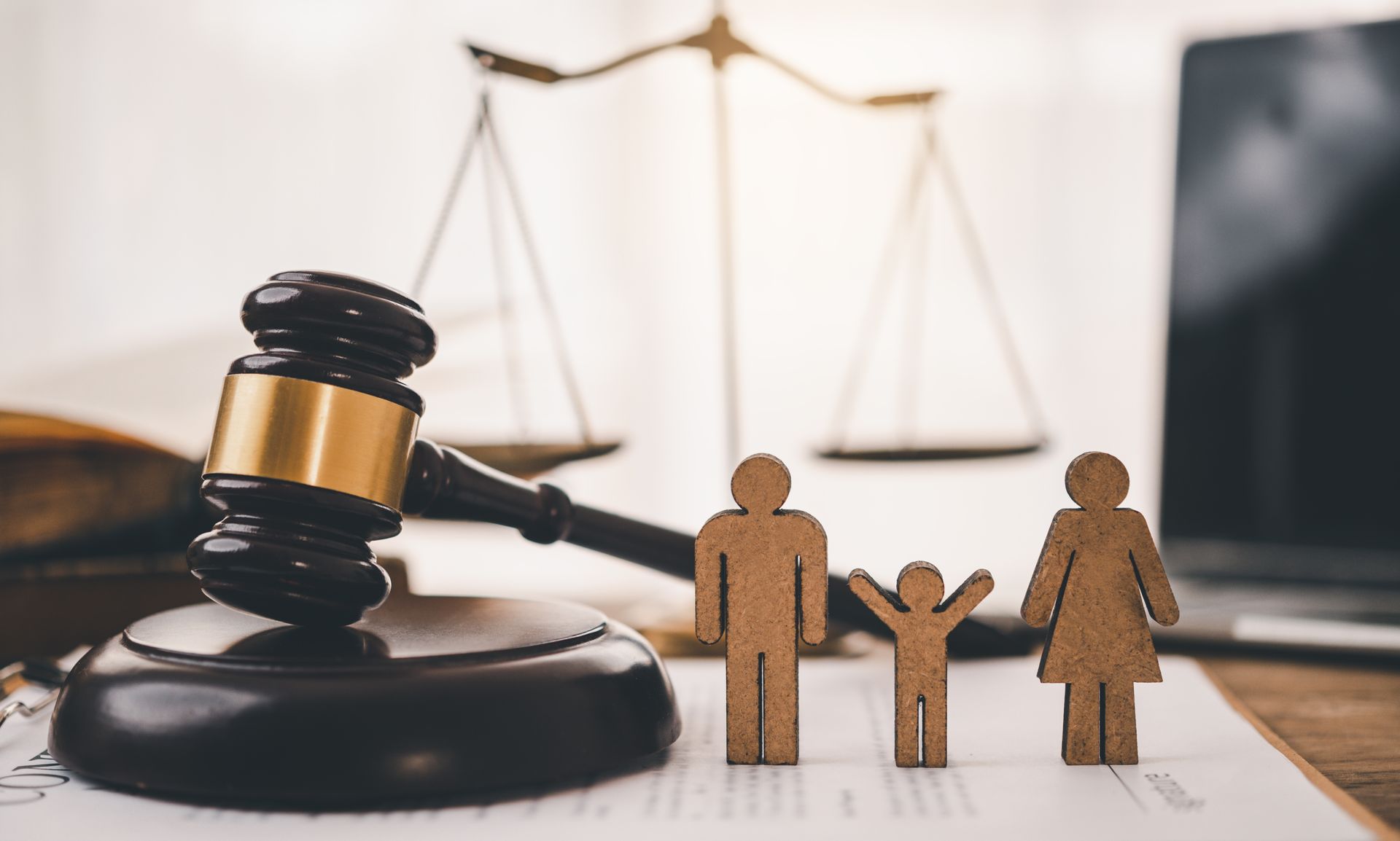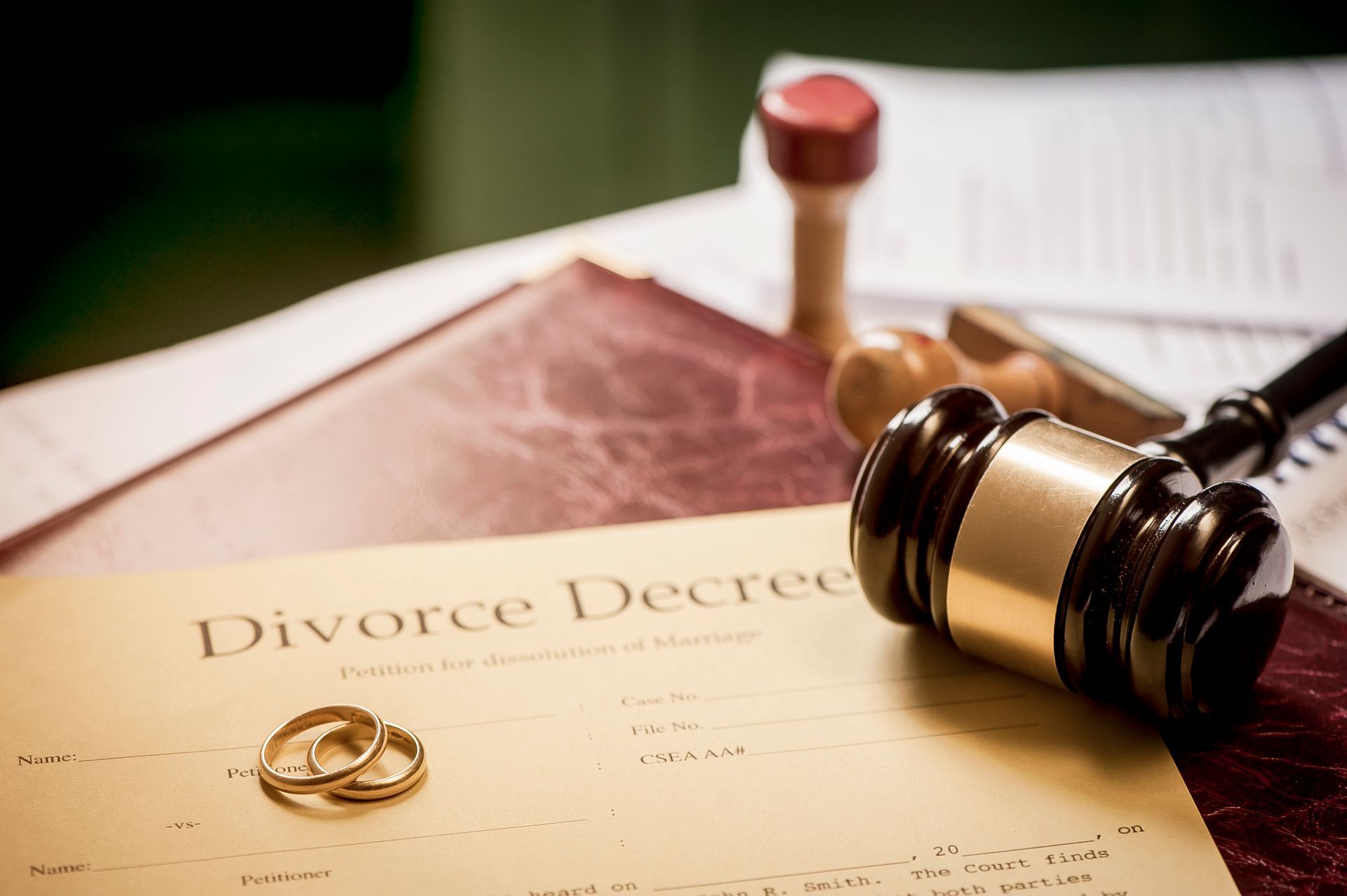Questions and Answers About Name Changes
A variety of circumstances could make you consider changing your legal name, from a new marital status or gender affirmation to simple preference. However, some name changes can require more steps to complete than others, and, under the wrong conditions, you could even have your name change request denied.
A basic understanding of name change laws, procedures, allowances, and limitations can help you prepare yourself for this step as efficiently as possible, up to and including the engagement of an attorney with experience in such matters. Take a look at the following questions and answers about legal name changes.
Why Might You Want to Change Your Name?
The prospect of abandoning the birth name you've had all your life for a completely different legal name may seem strange if you've never considered it before. However, women who get married commonly assume their husband's last name or a hyphenated hybrid name. Same-sex partners can also adopt a new, shared surname.
Other life changes can compel some people to pursue name changes. For instance, women may want to return to their maiden name after divorce and give their children the same name if they have sole custody. Transgender individuals may want a new name that more accurately reflects their preferred identity.
A name change may even help to communicate a personal conviction. A person might change their name to reflect their preferred ethnic identity, or to make a religious or political statement that aligns with their values. Of course, a person may decide on a name change because they simply never liked their given name.
What Does the Name Change Process Involve?
Different states may maintain different name change protocols. The standard procedure in New York State involves filling out a Change Petition and Proposed Order in a notary public's presence. You might also need to supply a birth certificate or other paperwork, pay a court fee, and have a judge assigned to your request.
In certain situations, name changes occur as part of a larger process that includes all the necessary procedures and paperwork. For example, if you get married, obtain a divorce, or change your national citizenship, you might make the desired name change through that process instead of filing a separate court petition.
What Potential Complications Should You Consider?
A court may not automatically accept any name you choose to assume. If you choose a name that the court considers racially offensive, change your name in an effort to get out of debt or commit fraud, or select a name full of symbols or numbers that might prove overly confusing to others, the court may decide to deny your request.
Marriage doesn't always solve the name change challenge either. If both you and your spouse want to hyphenate your married names, you may need to go through the court petition process or ask a judge to intervene in the normal name-change process that accompanies marriage.
Even if you choose an acceptable name for acceptable reasons, you must consider the potential difficulties a name change might cause for you. You may have your hands full notifying federal and state offices, banks, creditors, employers, schools, medical and insurance providers, family members, and friends.
How Can an Attorney Facilitate Your Name Change?
A skilled, experienced family law attorney can help you steer clear of the many potential pitfalls you could encounter when changing your name. This professional can evaluate your desired new name for any issues that might trigger a denial. Your attorney can also double-check your petition papers before you submit them.
Don't forget that lengthy list of institutions and offices that need to know about your name change. Your attorney can help come up with a complete list of critical contacts and make certain that you contact each of them through the appropriate channels.
If you wish to change your name but worry about the potential for complications and confusion, turn to the family law experts at John D Wieser Esq. We can work with you to ensure that all the necessary documents and fees get submitted properly and in a timely manner. Contact our law office today.









